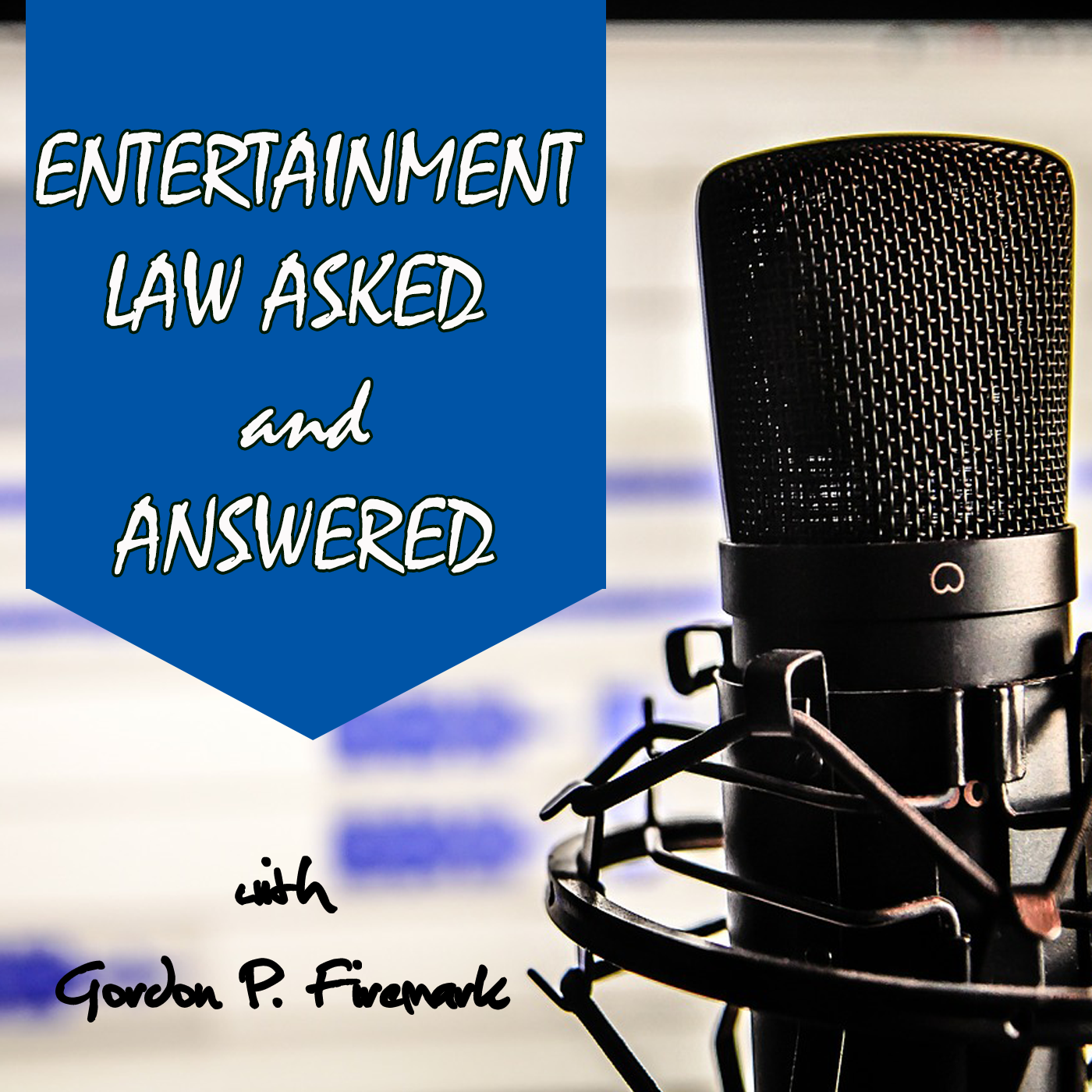Entertainment Law Asked & Answered Licensing Music For Kids Performance School

b'
\\n
\\nAUDIO:
\\nTRANSCRIPT:
\\nwww.firemark.com
\\nEntertainment Law Asked & Answered – Grand Rights and Sound Recordings: https://www.youtube.com/watch?v=N9ZVN8HT4uo
\\nJamie wrote in with an interesting question about music licensing in theatre…
\\nHi, I am Gordon Firemark and this is asked and answered, where I take your entertainment law questions so you can get your career and business in entertainment to the next level.
\\n
\\nHere\'s Jamie\'s question:
\\n“I am researching the licensing needed for rehearsals, as well as recording live performances, for a children\'s musical theater group, set up as an LLC, with monthly fees. We hold weekly class rehearsals in one space and then move to the theater for paid performances eight months later. Are blanket licenses needed for both spaces? Would that cover pre-show music as well? We often play and dance to other CDs, presumably covered in an education setting but not associated with the show. ”
\\nShe goes on to mention that she understands that Grand rights, and show royalties are separate and am addressing this also. So I\'ll address the other aspects here. If you need more info about grand rights, I\'ll post a link in the notes below to a video about that.
\\nSo, this is a question that has both a legal aspect and a practical component, so I\'m going to address it from both angles.
\\nYou\'d have to check with ASCAP/BMI, but my take on things is that rehearsals may note require a license, if they\'re closed to the public, simply because they\'re not “public performances”. You see, copyright protection covers the right of the owner to control the use of the material for public performances, it doesn\'t say anything about private.
\\nBut the licensors may feel very differently, and the cost of a fight will far exceed the cost of a license. It might be worth just paying for the rehearsal studio license. Most dance studios and school facilities have licenses already in place, so that is worth investigating.
\\nFor performances, yes, you need licenses… But they may not be so-called “blanket” licenses. Some of the available licenses require logging of songs, per-performance fees, or flat fees for the run. You\'ll want to check in with the societies, and figure out which kind of license applies to your particular circumstances.
\\nThis should cover pre-show, intermission, and post show music as well.
\\nLicenses for RECORDING the performances are a different thing entirely. You\'d have to obtain what\'s called a “mechanical” license from each publishing company that owns any portion of each song. Lots of leg work, and they\'ll want to get paid based on your sales, or something. Fortunately, most of the major music publishers have an arrangement with an outfit called the Harry Fox Agency. Go online and search for Harry Fox Agency and find out more about that.
\\nNow for video recording, we have still another quagmire, involving similar challenges, but even harder to get approval from publishers.
\\nSo, the practical aspect:
\\nFocus on the core mission, giving the kids the valuable experience of performing. Get the performance licenses you need, but as for recordings, steer clear. Don\'t record the performances, and don\'t allow others to do so.
\\nThis\'ll be unpopular with parents, but it\'s the legal high ground.
\\nIf a parent chooses to surreptitiously record… So be it. We all know it happens every day… But at least you and your school will have done the right thing.
\\nIf you have a question about entertainment or media law, submit it by visiting firemark.com/questions.
\\n
\\n=============
\\nThis is intended as general information only and does not establish an attorney-client relationsh...'